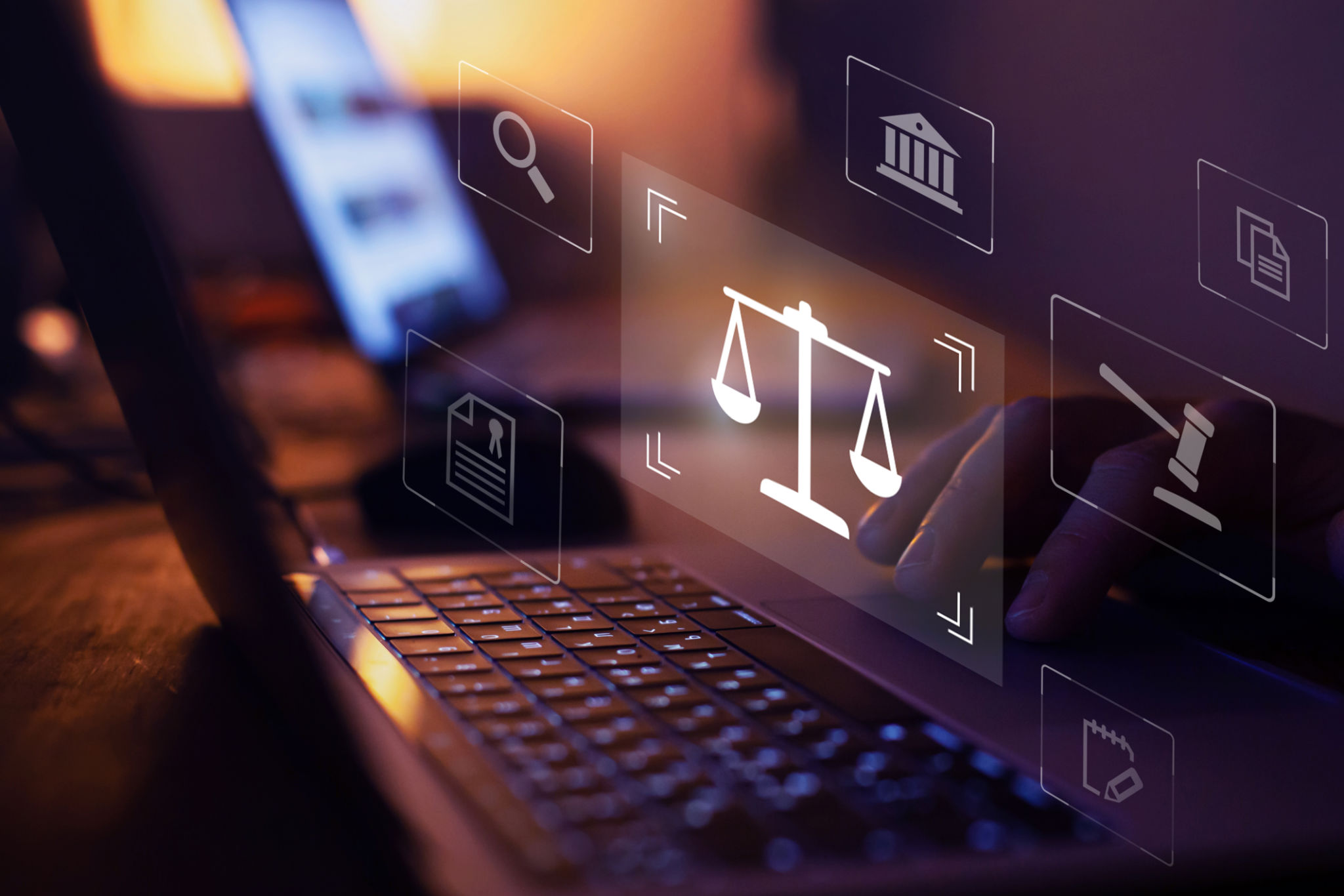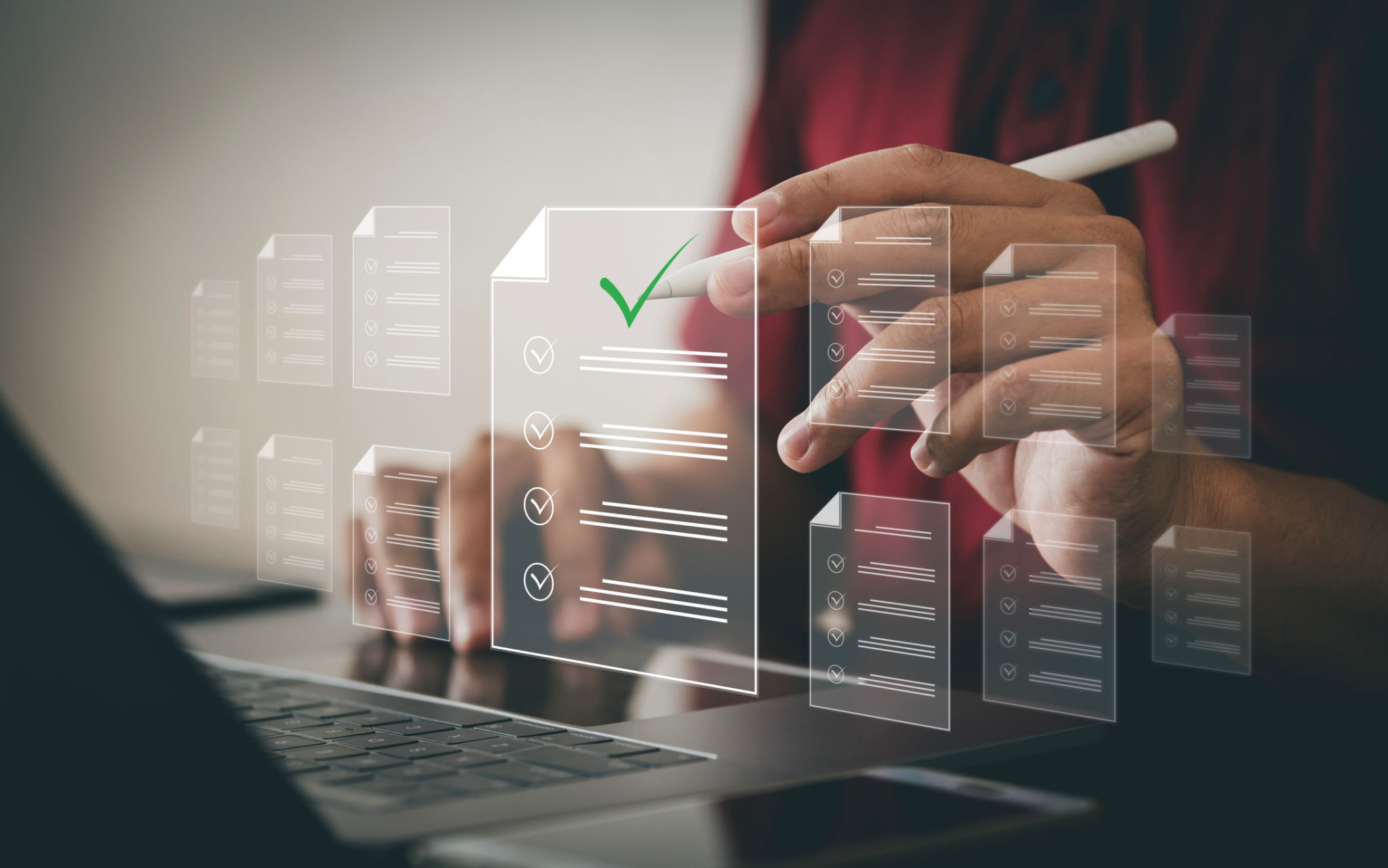What to Expect During a Remote Online Notary Session
Understanding Remote Online Notarization
In today’s digital age, a remote online notary session offers a convenient way to notarize documents without needing to leave your home or office. This service leverages technology to connect signers with notaries via a secure video call, streamlining the entire notarization process. Whether you’re new to this concept or looking for more details, understanding what to expect can help make the experience smooth and efficient.
Remote online notarization (RON) is legally recognized in many jurisdictions, thanks to evolving laws that acknowledge digital transactions. However, it's crucial to ensure that your state allows RON before proceeding with this method.

Preparing for Your Notary Session
Before your remote online notary session, there are several steps you should take to prepare. First, ensure that your internet connection is stable and that you have access to a computer or device with a webcam and microphone. This technology is essential for communicating with the notary during your session.
Next, gather the necessary documents you need notarized and make sure they are complete. Incomplete documents can lead to delays or necessitate rescheduling the session. It’s also important to have a valid government-issued ID ready, as the notary will need to verify your identity.

Choosing a Platform
Different platforms offer remote notarization services, so choosing one that meets your needs is important. Many platforms provide user-friendly interfaces that guide you through the process step by step. Some popular platforms include Notarize, DocuSign, and NotaryCam. Researching these platforms' features, pricing, and user reviews can help you make an informed decision.
The Notarization Process
During the session, you’ll connect with a licensed notary public through a secure video call. The notary will verify your identity by checking your ID and may ask some questions to confirm your identity further. This step is crucial for maintaining the integrity of the notarization process.
Once your identity is verified, you will electronically sign the document in the presence of the notary. The notary will then apply their digital signature and seal to complete the process. This digital stamp serves as evidence that the document has been legally notarized.

Benefits of Remote Online Notarization
Remote notarization offers several benefits over traditional methods. It saves time and travel expenses by eliminating the need for in-person appointments. Additionally, it provides flexibility in scheduling, allowing you to choose a convenient time for your session. This can be particularly beneficial for individuals with busy schedules or those residing in remote areas.
The security of remote notarization is also noteworthy. Platforms use encryption and other security measures to protect your data and documents, ensuring confidentiality throughout the process.
Post-Session Considerations
After completing your remote notary session, you will typically receive a digital copy of the notarized document via email or through the platform’s secure portal. Be sure to review this document carefully to ensure all information is correct and that the notary's seal is visible.
If you encounter any issues or have questions about the document's validity, contact the platform or notary immediately for assistance. Keeping open communication lines can help resolve any concerns quickly and efficiently.

Final Thoughts
Remote online notarization is an efficient and modern solution for notarizing documents. By understanding what to expect and adequately preparing for your session, you can ensure a seamless experience. As this service continues to gain popularity, it’s likely that more jurisdictions will adopt laws supporting its use, further expanding access to this convenient option.
